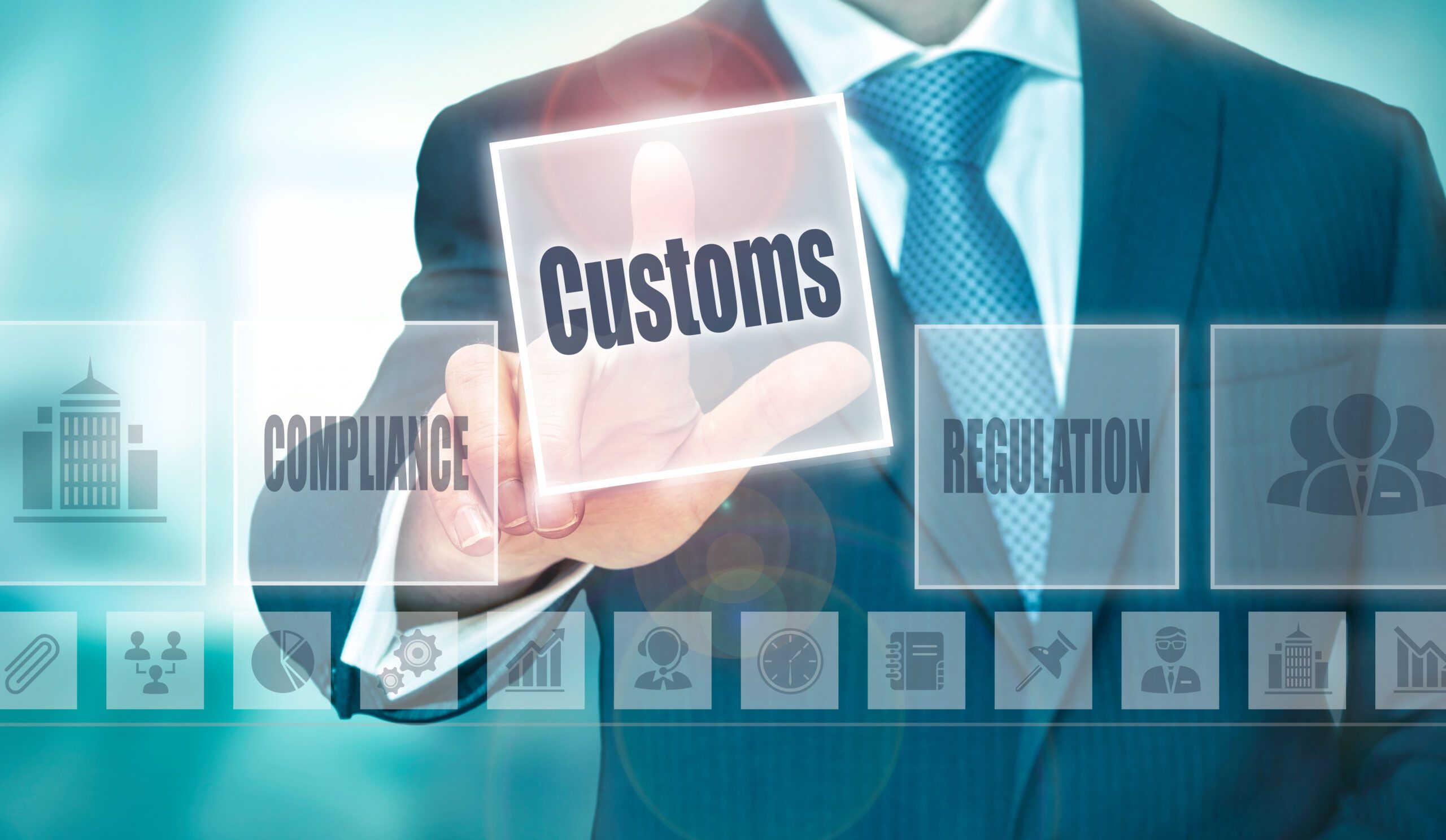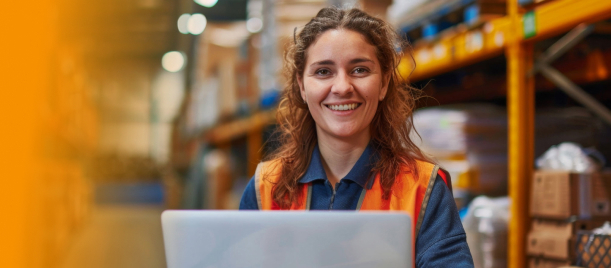The US Customs and Border Protection (CBP) has implemented a major regulatory change to how customs brokers conduct their business — in a reform that they believe will help modernize the current environment. The changes came into effect on December 19, 2022, placing the onus of working with a customs broker on the importer, taking away the flexibility they had with relegating a third-party company — like a freight forwarder or other supply chain intermediary — to select the customs broker on the importer’s behalf.
These “Modernized Broker Regs” are a once-in-a-career transition for most US import businesses, with the last significant change dating back to 1994 when the Customs Modernization Act (Mod Act) was implemented. While the Mod Act was heavily lauded and helped kickstart customs reforms around the world, it is now dated and does not quite capture an import economy that has outgrown these regulations.
The Modernized Broker Regs seek to plug the gap in voluntary compliance — a concept the Mod Act banked on, while modernizing the system to ensure importers and customs brokers agree and understand the imported goods and comply with the federal regulations.
In the past, a US importer could sign a power of attorney (POA) with a third-party service provider, who would empower a customs broker via sub-POA on behalf of the importer. This led to instances where the importer was not signing a direct POA with the customs broker, unwinding into potential blind spots. Importers with no control over selecting their customs brokers can be stuck working with brokers with little understanding of the type of freight they are facilitating for import.
This becomes increasingly common when an importer enters a variety of freight into the US and employs different freight forwarders to move their freight. When service providers with minimal insight into the cargo control the communication with the customs broker, there is an increased risk of rule infractions. The Modernized Broker Regs reduces this risk by mandating customs brokers to document their communication with importers concerning POAs and other matters of “Customs Business.”
To generate widespread awareness, CBP held several webinars in the run-up to the Modernized Broker Regs implementation, explaining to trade stakeholders the impact these reforms will have on their business. Clearly, this was an attempt by the CBP to ensure a certain level of education in the highly fragmented import market. Importers without a handle on their customs processes and their “Reasonable Care” obligations tend to be unaware of third-party customs brokers or mistake their freight forwarders to double up as their customs broker. This is especially true of small and mid-sized businesses lacking in-house customs compliance departments.
With the regulatory changes in place, CBP can be reassured importers know who they are working with and are directly interacting with their customs broker. Fostering such direct relationships will mean importers can gravitate toward brokers who understand their business. For instance, a food importer can look to stitch a relationship with a customs broker with significant experience with the Food and Drug Administration (FDA), the US Department of Agriculture (USDA), and so forth.
For CBP, revising regulations is a stance taken to uphold the spirit of the law. The law has always been clear: the importer is ultimately responsible for following customs regulations that govern the freight they bring into the country. However, with third-party intermediaries in the picture, importers can end up on the wrong side of the law due to a lack of oversight. Getting importers to work directly with customs brokers can greatly help improve compliance.
On the flip side, customs brokers and other supply chain partners, such as freight forwarders, can improve transparency and communication by facilitating direct relationships between the customs broker and the importer. This helps improve the accuracy and completeness of customs entry filings.
This way, the CBP can audit customs brokers whenever needed and be assured they receive information straight from the importers and/or audit importers. It also eliminates instances of confusion where the freight forwarder is mistaken for the customs broker. Brokers are now required to keep records of their communication with importers, identifying freight forwarders inadvertently conducting Customs Business without a license, and flagging requests that could be outside of the law for reporting to CBP.
For importers looking for answers now, it would make sense to familiarize the material available on the CBP site, to ensure the correct interpretation of regulations. Reaching out to trusted advisors would be the next step — companies like KlearNow.ai have an in-depth understanding of the changes, and can facilitate introductions and proper empowerment between importers, customs brokers, and freight forwarders alike.
“We have been collaborating with KlearNow.ai for a while now. The KlearNow.ai platform ensures information is transmitted from the customs broker to the importer without dilution. Importers have the transparency to look at all their documents, the ones that were submitted to customs, and can employ their own due diligence at that point,” said Steve Fodor, founder and head of Customs Services & Solutions, a KlearNow.ai customer.
In the end, due diligence will help importers stay on the right side of the regulatory line. “If an importer uses a service provider, it’s crucial to focus on the information and ensure it makes sense. In case of large import volumes, spot audits on a few of them will help make sure things are in order,” said Fodor. “KlearNow.ai is definitely one such platform that sits above other market solutions by providing comprehensive visibility through customs operations.”
KlearNow’s customs clearance platform acts as a bridge for importers, customs brokers, and freight forwarders to interact. They may all log into their own individualized view of KlearNow.ai’s platform and access information on every shipment to which the importer has nominated their access, including the broker’s name, contact information, and freight status on a per-shipment basis. The KlearNow platform also triangulates the storage of all records and interactions on US-based servers, allowing quick access during customs and other audits in compliance with Modernized Broker Regs standards.
CBP had offered a grace period through February 17, 2023, to allow importers and customs brokers already acting under third-party coordinated POAs to ease into the new direct relationship process. As this period has now lapsed, all importer/customs broker relationships must have a POA directly signed by the importer. CBP has been clear with their intent to scrutinize customs brokers, checking to see if they are taking steps and measures to get a POA directly signed with the importer as a matter of enforcement.
Ultimately, this regulatory revamp ensures importers stay informed of their customs procedures and that customs brokers directly communicate with their clients to import freight. This move can mitigate wrongful customs filings and, by large, protects importers, considering the industry is littered with cases of importers held accountable for the mistaken actions of their third-party agents.

